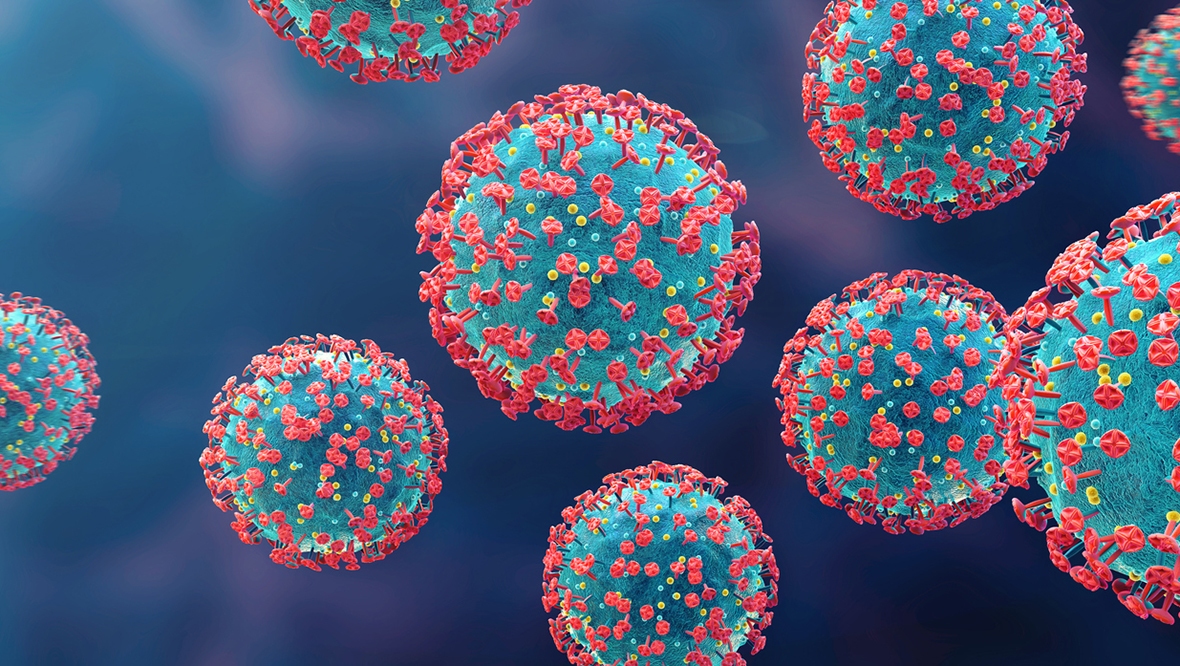Early Scottish data suggests Omicron is two-thirds less likely to result in hospital treatment compared with early coronavirus variants.
Experts from Edinburgh and Strathclyde Universities also found that a booster or third dose of the vaccine offers substantial protection against developing symptoms of the now dominant strain of Covid-19.
The study suggested Omicron was also ten times more likely to reinfect people than previous mutations.
The First Minister welcomed the new research.
“This is encouraging early data – hopefully confidence will build as we get more data,” Nicola Sturgeon said.
“Key point to remember though – a smaller percentage of a much larger number of cases will still put increased pressure on NHS and economy.
“So we must keep suppressing virus while we complete boosters.”
However, researchers warned that the increased transmission of Omicron prosed a “very real risk that health system surge capacity will be breached”.
Another threat is limited data from the time since the booster dose of the vaccine and if there is waning in the effectiveness of the booster that will impact on hospitalisations, particularly in the elderly who
received their booster doses in the early autumn of 2021.
The first case of Omicron identified in Scotland was on November 23. By December 19, there were 23,840 possible cases.
Dr Jim McMenamin, the national Covid-19 incident director for Public Health Scotland, described the findings as a “qualified good-news story” but said that it was “important we don’t get ahead of ourselves”.
“The potentially serious impact of Omicron on a population cannot be underestimated. And a smaller proportion of a much greater number of cases that might ultimately require treatment can still mean a substantial number of people who may experience severe Covid infections that could lead to potential hospitalisation,” he said.
The study is early work that has not yet been through peer-review, though will be submitted to a journal.
Follow STV News on WhatsApp
Scan the QR code on your mobile device for all the latest news from around the country


 iStock
iStock

























